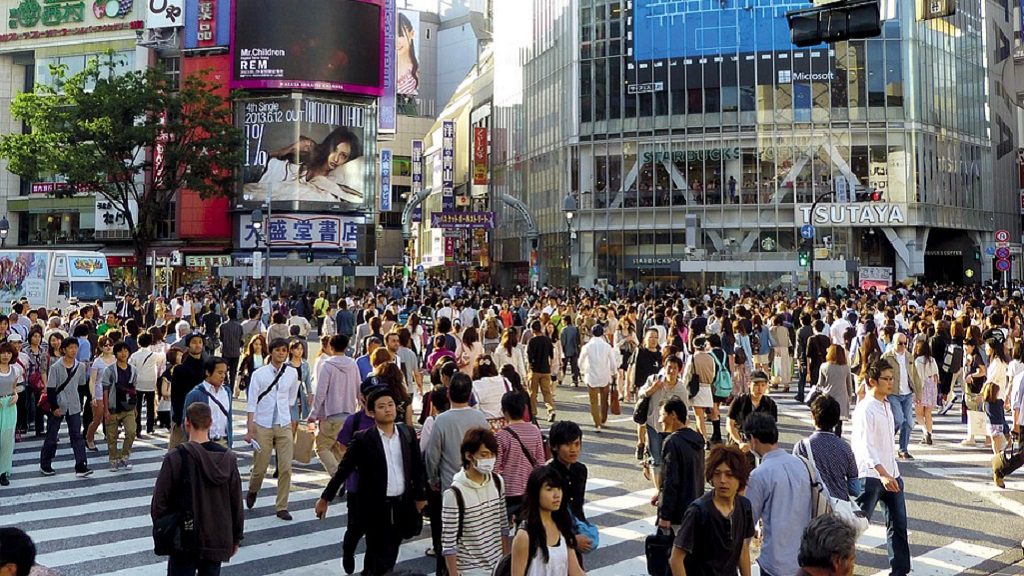A recent DNA study suggests that rather than two, the modern Japanese people descended from three ancient groups.
Key points:
- Researchers sequenced the genetic material of 3,256 individuals Japanese individuals, establishing a new genetic database.
- The study discovered three main ancestral groups that have contributed to the modern Japanese gene pool.
- The results challenge the conventional belief suggesting that Japanese ancestry originated from the Jomon people and later Yayoi migrants.
The specifics:
- Released on April 17 in the journal Science Advances, the study is one of the largest non-European analyses of its kind. A team of geneticists and genotyping specialists from Japan working across multiple institutions contributed to the endeavor.
- The researchers assembled a dataset known as the Japanese Encyclopedia of Whole-Genome/Exome Sequencing Library (JEWEL) by examining Japanese DNA from seven regions.
- The team observed that Japanese people have inherited DNA traits from ancient hunter-gatherers Jomon, ancestors of the Han Chinese, and an unidentified group from Northeast Asia.
- Scientists also revealed 44 DNA segments passed down from Neanderthals and Denisovans, linked to complex characteristics and illnesses such as type 2 diabetes and prostate cancer, which are specific to East Asians.
- Dr. Chikashi Terao from the RIKEN Center for Integrative Sciences highlighted the potential uses of whole-genome sequencing in personalized medicine and clinical scenarios.
What comes next:
- The researchers anticipate that JEWEL could serve as a fundamental resource for future studies on Asian populations.



